“Low-demand parenting requires radical acceptance. It says to the kid right in front of you, I see you, just as you are. – You are ok here. I love you right here.”
Parent to neurodivergent children and autistic adult, Amanda Diekman, outlines a parenting approach that finally lowers the bar for the whole family, enabling the equilibrium of the home to be restored.
Low-demand parenting allows you to drop the demands and expectations that are making family life impossible and embrace the joyful freedom of living life with low demands. It can be a particularly effective approach for children with high anxiety levels including neurodivergent children. Amanda talks from experience and teaches you how to identify what the big, tiny and invisible demands are for your own child and gives you the step-by-step instructions on how to drop them.
Full of practical resources and scripts that are easy to implement in busy everyday life, this book is your flashlight and your map to parenting your uniquely wired child. It will not tell you where to go, but it will help you find your way so you and your family thrive.
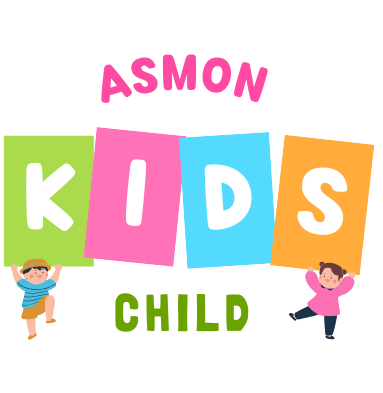
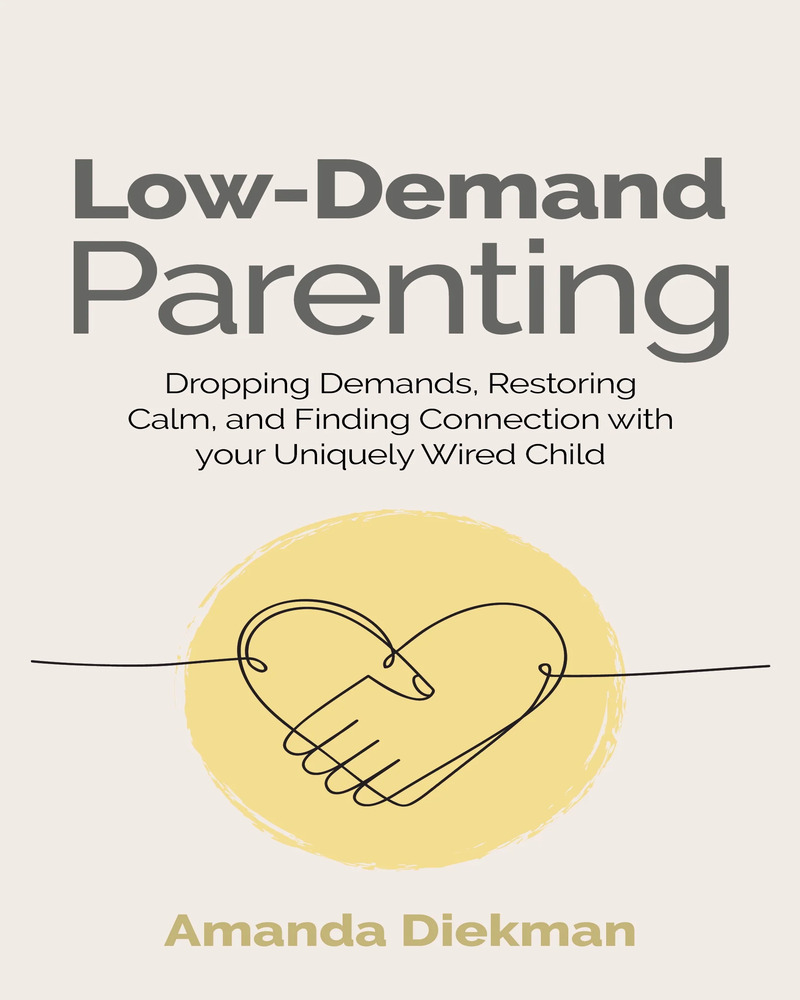
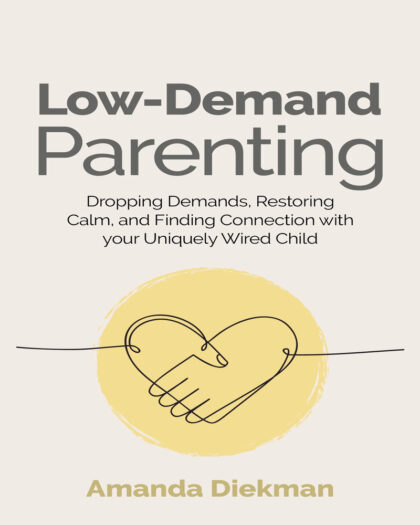
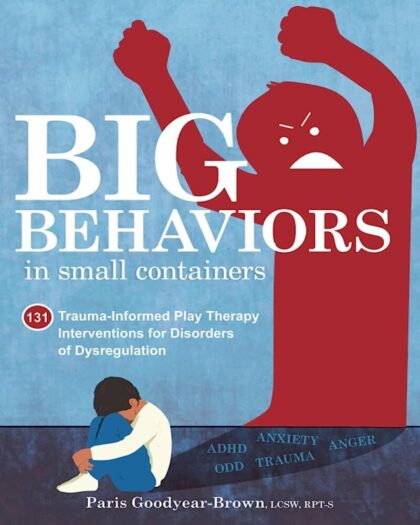
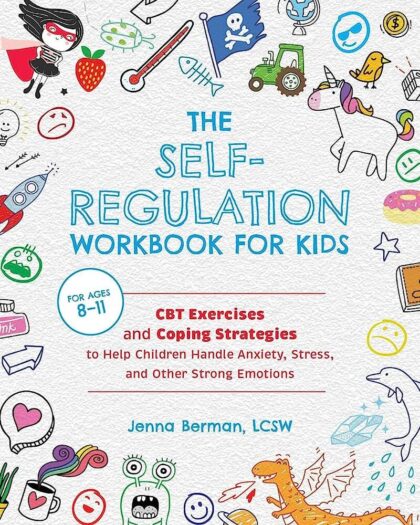
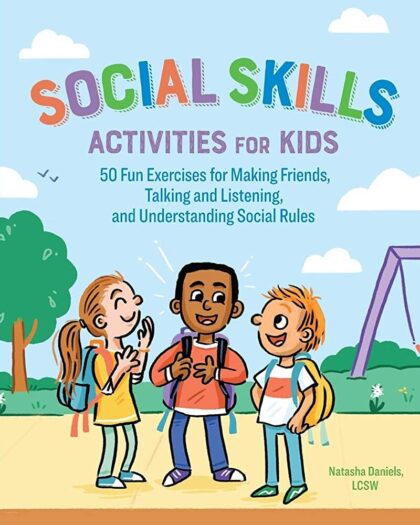
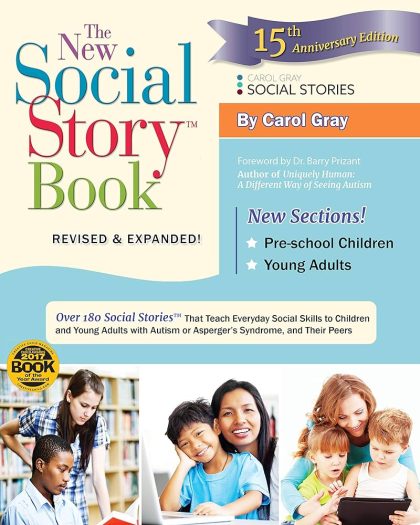
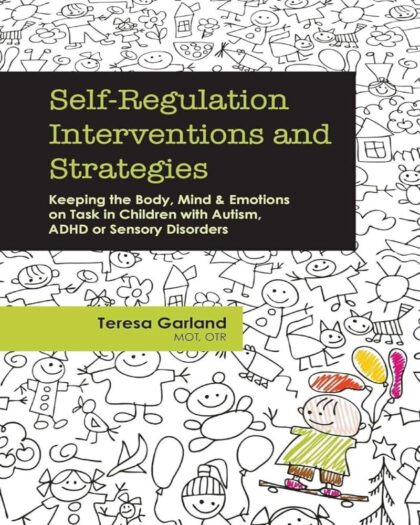
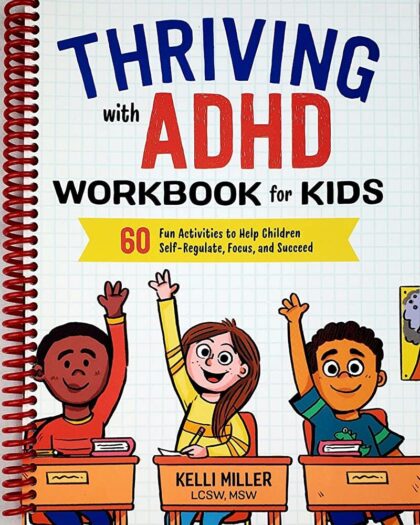
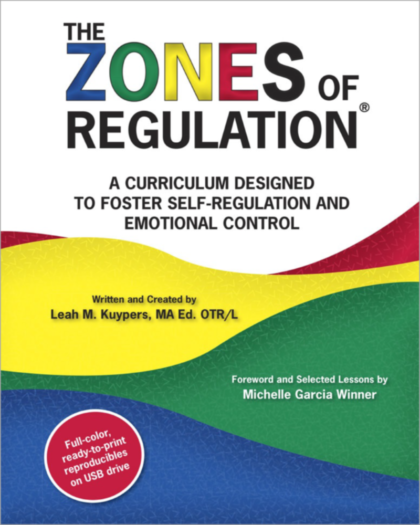
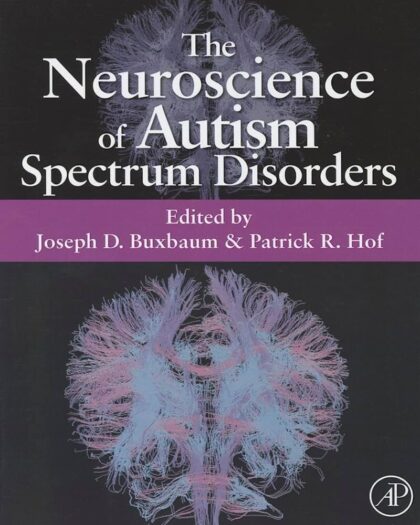
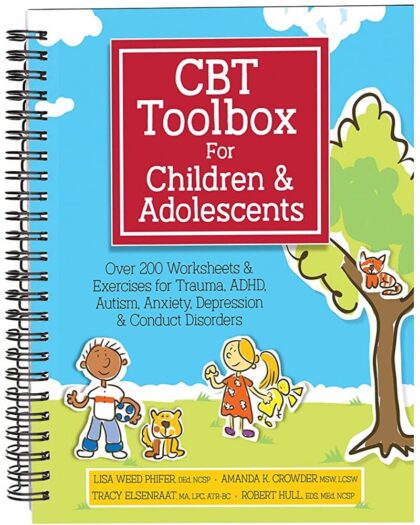
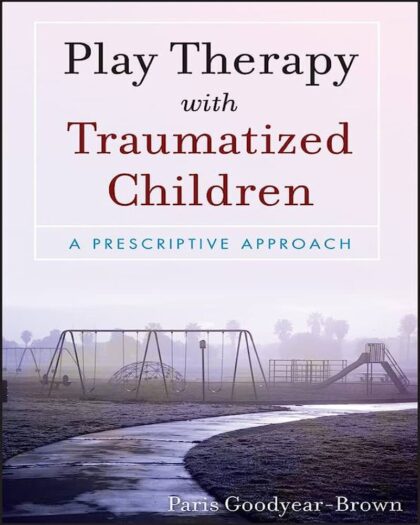
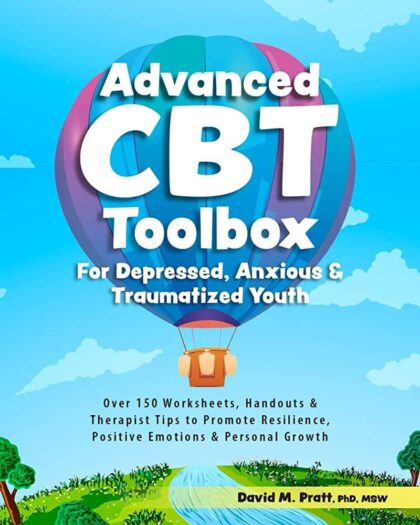
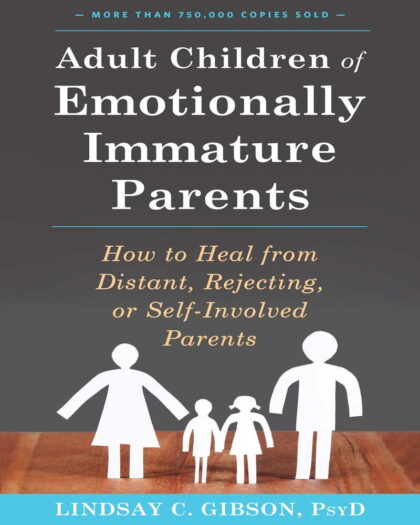
I love to share resources with other people so they don't have to go on a treasure hunt like I did.
Low-Demand Parenting is one of my frequently recommended books, especially for those just starting to learn about PDA. It sums up all the information that I had to hunt for and piece together and make sense of for years. I'm so excited that there is now a book for parents to read and get a good start on their knowledge of parenting a PDAer.
I felt like I was reading my own story - so many similar events, struggles - it was so validating. I felt seen and deeply heard.
Amanda breaks down the neuroscience of connection and neurpdivergence into everyday language and has assimilated a large body of research into her approach that is centered in deep connection.
Practically, it’s easy to read and written for parents in the trenches, the chapters are short, there are plenty of resources in the back for taking immediate action and guiding further learning.
One of our favorite chapters was about co-parenting and Amanda’s vulnerability to tell her and her partner’s story around how they have come around low-demand parenting in different ways. It gave us a lot of language to discuss our disagreements and has helped tremendously in moving forward in some of our conversations that have been at a standstill surrounding parenting our neurodivergent children.
The author gives a raw and heartfelt summation of her experience on this path of discovery, and practical tools to help identify the demands in our child’s life, and which ones can be dropped or need to be kept. I’ve been doing this the long, arduous way for a few years now, am no stranger to the concept of creating a low demand environment, nor to the idea of declarative language, and still I have found helpful tips, tools, and some reframing that I still need to work on.
I’m only halfway through and I’m so excited about this book that I had to come leave a quick review.
Oh! I also appreciate the formatting and short, direct sentences. It’s not a very long book, and with the formatting and succinct structure, my own neurospicy brain can stay engaged with the content and absorb it in small chunks as needed. I truly appreciate that.
Low-demand parenting may not be the right fit for every family but I do think there is incredible value in learning about what a different way can look. I know this is a tall order in a world where there are a lot of demands on people's time but the read is short and accessible. Amanda does a great job of balancing presenting a general framework and providing specific examples to support understanding for the reader without being prescriptive and narrow, which would not align with values of low demand parenting.
Highly recommend to those with differently wired kiddos but also those working with differently wired kiddos in education, healthcare and mental health. The more we can learn about the honest experiences of others we can accept that there are many options and choices available.
I follow Amanda on IG and was really excited when I saw she was publishing a book. She’s one of the few leaders in this ND parenting space who “gets it” and addresses the parent and their needs as well as the children. Several times I’ve had to put this book down and just cry, because I feel like my child and I are so completely seen. I’ve already recommended this book to several friends. It is worth the read if you’re struggling and have a child who none of the traditional (including and maybe especially gentle) parenting advice works for.